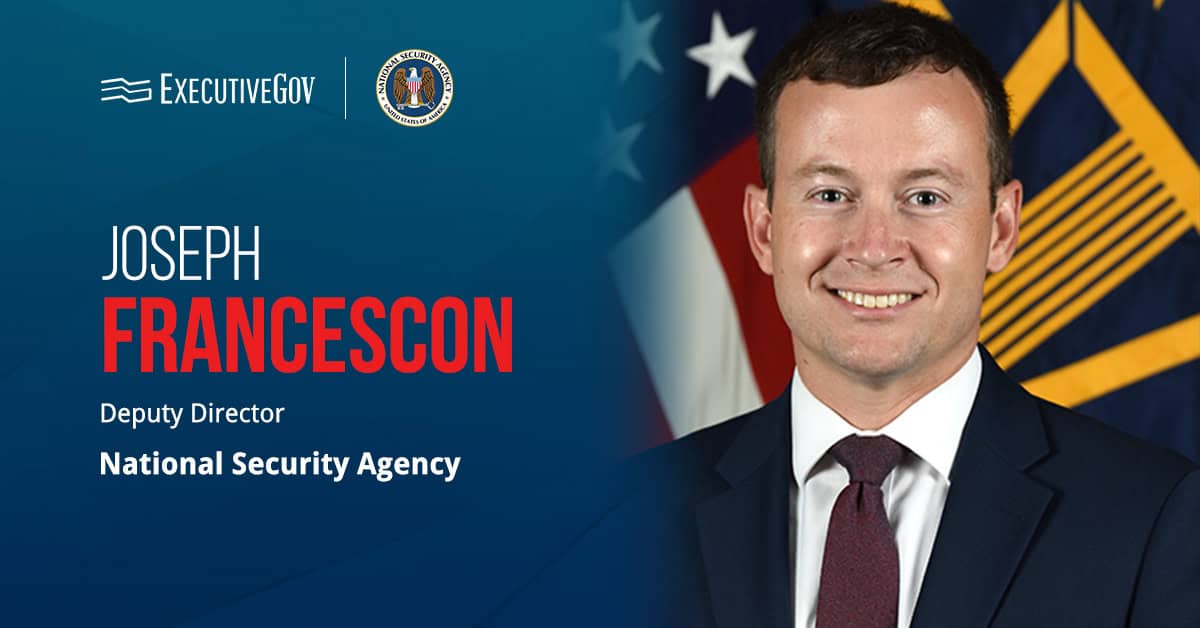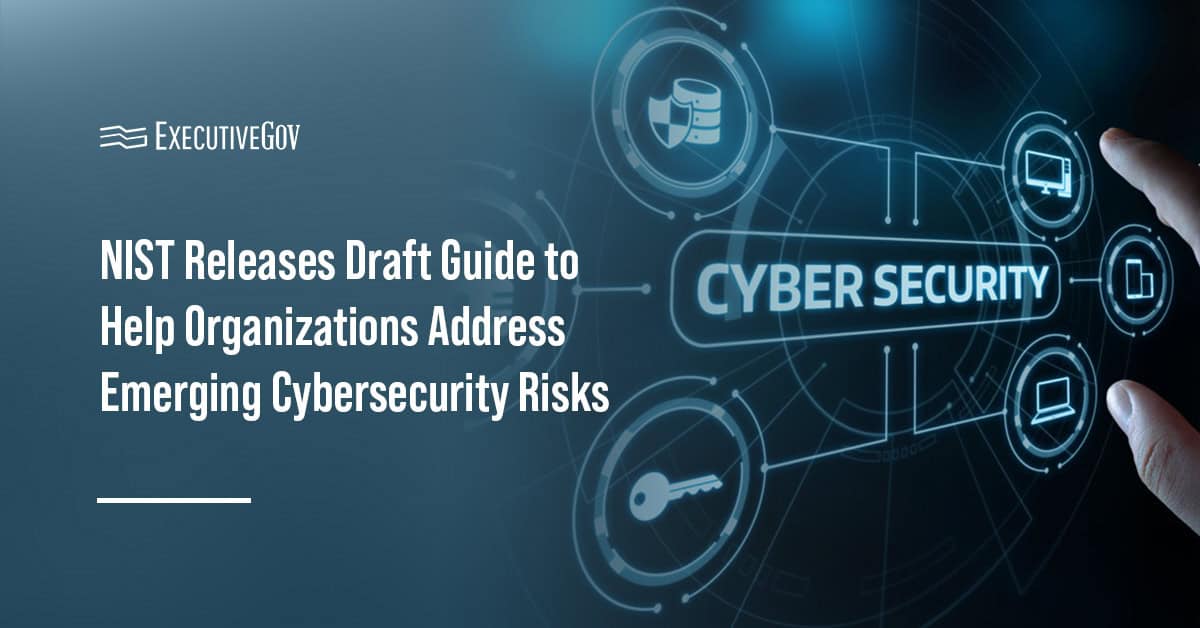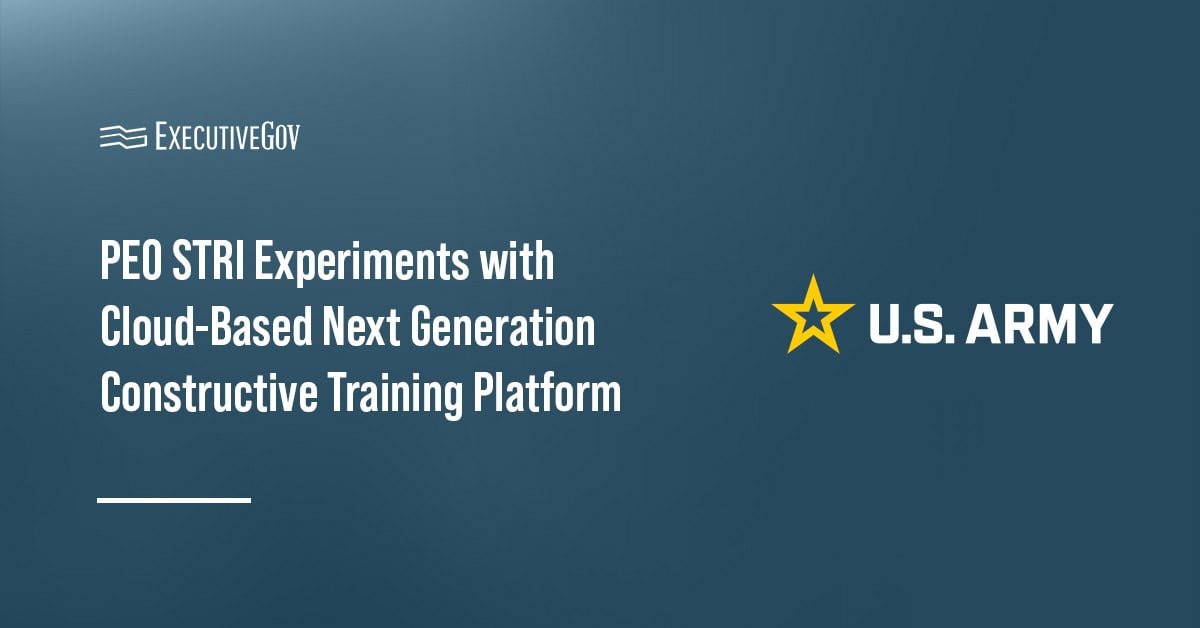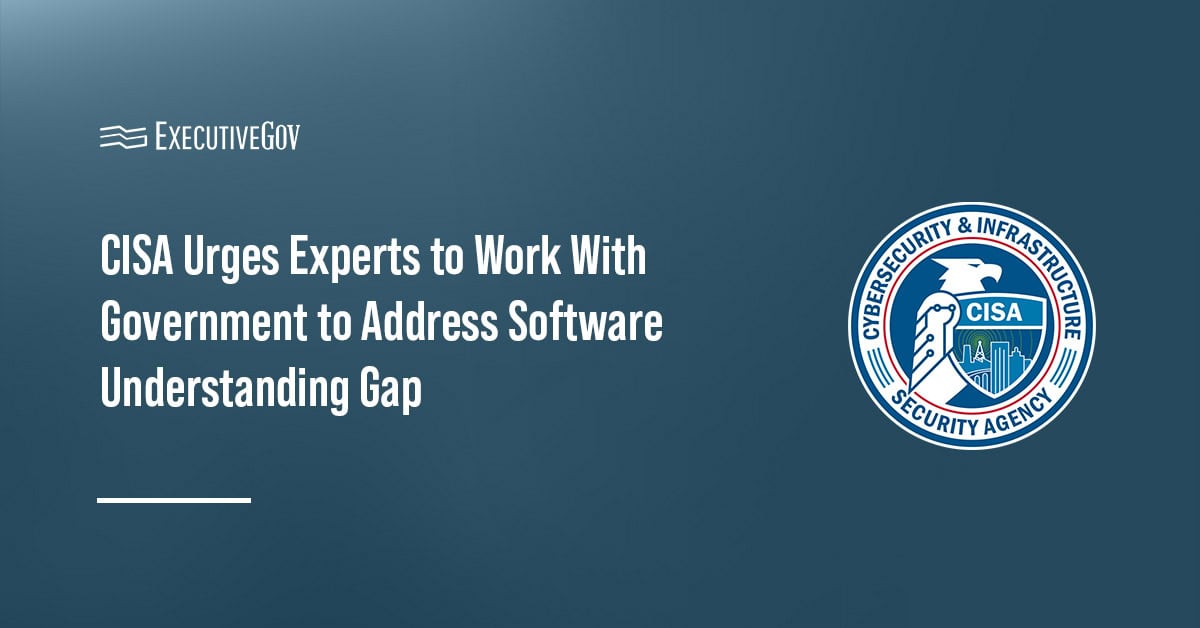The SpaceX Dragon spacecraft—carrying the SpaceX 33rd commercial resupply mission—launched on Sunday from Space Launch Complex 40 at Cape Canaveral Space Force Station in Florida, NASA announced.
The agency said Sunday the Falcon 9 rocket is delivering over 5,000 pounds of cargo to the International Space Station, including various experiments, food, supplies and equipment for the orbiting laboratory’s crew. It will dock on the forward port of the ISS’ Harmony module. The Dragon spacecraft will depart the ISS in December.
Table of Contents
Experiments for Space & Medical Science Advancement
The scientific experiments include bone-forming stem cells to investigate bone loss prevention and materials, 3D-printed medical implants to advance nerve damage treatments on Earth, bioprinted liver tissue to study blood vessel development in microgravity, and supplies for 3D-printing metal cubes in space.
Reboost Demonstration
The Dragon spacecraft will conduct a reboost demonstration starting in September to maintain the space station’s altitude. It will utilize an independent propellant system to drive two Draco engines, leveraging existing propulsion design.
NASA’s Sean Duffy on the Resupply Mission
“Commercial resupply missions to the International Space Station deliver science that helps prove technologies for Artemis lunar missions and beyond. This flight will test 3D printing metal parts and bioprinting tissue in microgravity – technology that could give astronauts tools and medical support on future Moon and Mars missions,” said acting NASA Administrator Sean Duffy.















